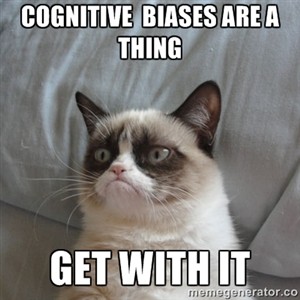On Independence Day this year, I spent some time lamenting the impact of money on our political process here in the US. As I always say, I follow Lawrence Lessig’s lead on this issue. It seems that money purchases policy. I support Rootstrikers in this regard, because they are working to fight this influence. But I also wonder: why must it be so that money controls the voting of the public? Shouldn’t the public be voting to advance their own self-interest? (No laughter, please.) Ananya Roy points out ways that this is actually true: middle class people vote more than poor people, and middle class housing credits receive ten times more money than housing for the poor. But if it can be shown that money does consistently influence policy, then the public must be influenced to vote against their own self-interest in some cases.
Lessig would have us put limits on the amount of money spent. That looks great on paper. But it’s hard to take power away from the powerful. So then I thought: well, maybe a public more critical of the media it consumes would be harder to manipulate into voting against their own self-interest (Or really taking any actions against their own self interest.). Then the Situationists came to mind because I sort of like the mad way they expressed the spectacle of art imitating life imitating art in a sort of strange loop. Not that I claim to really understand what the hell they or any of these French postmodernists are saying. But, you know, it’s mind-bending in a recreational drug use sort of way. Debord seems to show that media representations supplant lived experience, leading to mediated relationships between people. Society’s focus shifts from being something to having something to appearing to have something. Bling, bling, etc.
My point being that it’s sort of nontrivial to promote critical media consumption. How do we even divide our very identities and relationships from the media we consume? Or do we even need to do that? Shouldn’t we be critical of ourselves too? But anyway, then I decided that really I should go even more meta, from promoting media criticism to promoting rationality itself. The Center For Applied Rationality is already in the business of doing this. But the average person watching 20–30 hours of television a week isn’t going to shell out for some weekend rationality retreat. CFAR seems to be aiming at the elite of super-rationalists, which makes sense if the goal is to recruit Friendly AI builders. But what about the poor schmucks getting suckered into voting for corn subsidies that end up killing them with diabetes from all the resulting cheap high fructose corn syrup?
So then I thought, well, maybe someone could take the CFAR rationality checklist*, which has some concrete examples of how to think more rationally, and convert it into some simple Lolcat-style memes. Well, I asked around, and I guess this is being tried already: http://prettyrational.com. The problem is that prettyrational.com is only funny if you already know Bayes’ theorem. What the world needs is more like a rationalist version of Grumpy Cat or Honey Badger or something. Seriously. What if the decision making of those in the bottom percentiles of rationality could be improved just a little bit by spreading some simple rules of thumb. Consider this one from that CFAR checklist:
I notice when my mind is arguing for a side (instead of evaluating which side to choose), and flag this as an error mode.
But you know, uh, punch it up a little and put a cat in there or something. Anyway, that’s what Rootstrikers should really switch its focus to: making memes to increase rationality so that the plutocrats can throw all the money they want around, but the public will be too savvy to get their cognitive bias buttons pushed. So all you hilarious rationalists out there (both of you) get yourselves over to Meme Generator and crank out something to benefit society.
* That CFAR checklist is worth reading, by the way. One unexpected conclusion that I draw from it is that having a healthy self-esteem will make it easier to be rational.

